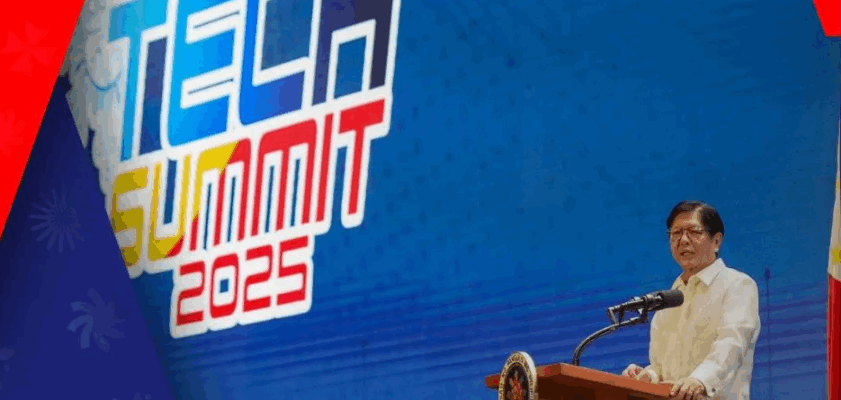At the 2025 Manila Tech Summit held in Bonifacio Global City, Taguig, President Ferdinand “Bongbong” Marcos Jr. outlined both the opportunities and risks of digital technology in the Philippines — with particular emphasis on the growing concern of online gambling
Marcos Highlights Challenges of Online Gambling in the Philippines

Digital Promise and Benefits
Marcos praised the transformative potential of technology, stressing how it can improve daily life and reduce inequality.
“Technology can change the way we live — making things easier, simpler, and faster. The question is, how do we harness its power to close the gap between the privileged and the disadvantaged? How can it uplift people’s lives?”
He noted that for Filipinos, digital tools already mean shorter queues, quicker payments, easier government services, and wider access to markets for entrepreneurs. Farmers can register their products online, and teachers can take advantage of digital learning tools.
He also underlined the rapid expansion of the digital economy.
- By 2024, more than half of all transactions were digital.
- The digital economy reached PHP 2.25 trillion, equal to 8.5% of GDP, creating 11.3 million jobs.
- Fintech advances have made payments and remittances more secure and accessible.
Expanding Connectivity and Digital Inclusion
The President highlighted several government initiatives:
- National Fiber Backbone (NFB): By 2028, it will connect the archipelago and deliver faster internet to 17 million Filipinos.
- Philippine Identification System: A digital national ID to improve KYC processes and broaden financial access.
- Free Wi-Fi for All Program and Bayanihan SIM Project: Aimed at ensuring all schools — especially in remote areas — gain digital access.
Risks in the Digital Age
Marcos cautioned that progress also brings challenges. Fraud, scams, and cybercrime are evolving through AI, digital currencies, and transnational crime networks. He warned of risks like job displacement and privacy loss.
But he singled out online gambling as an urgent concern:
“The growing problem of online gambling exploits the vulnerabilities of our people. We are taking initial steps to address it, such as suspending gambling gateways within mobile apps and websites to protect citizens and preserve financial integrity.”
Earlier this month, the Bangko Sentral ng Pilipinas (BSP) ordered all e-wallet providers to remove gambling-related links. PAGCOR Chairman Alejandro Tengco reported that stricter controls on digital payments have already reduced online gambling transactions by up to 50%.
Next Steps and Policy Direction
Marcos revealed the government will convene a closed-door stakeholder meeting to develop a comprehensive online gambling policy that carefully assesses its socio-economic impact.
He closed by urging innovators and partners to continue building the nation’s digital future:












